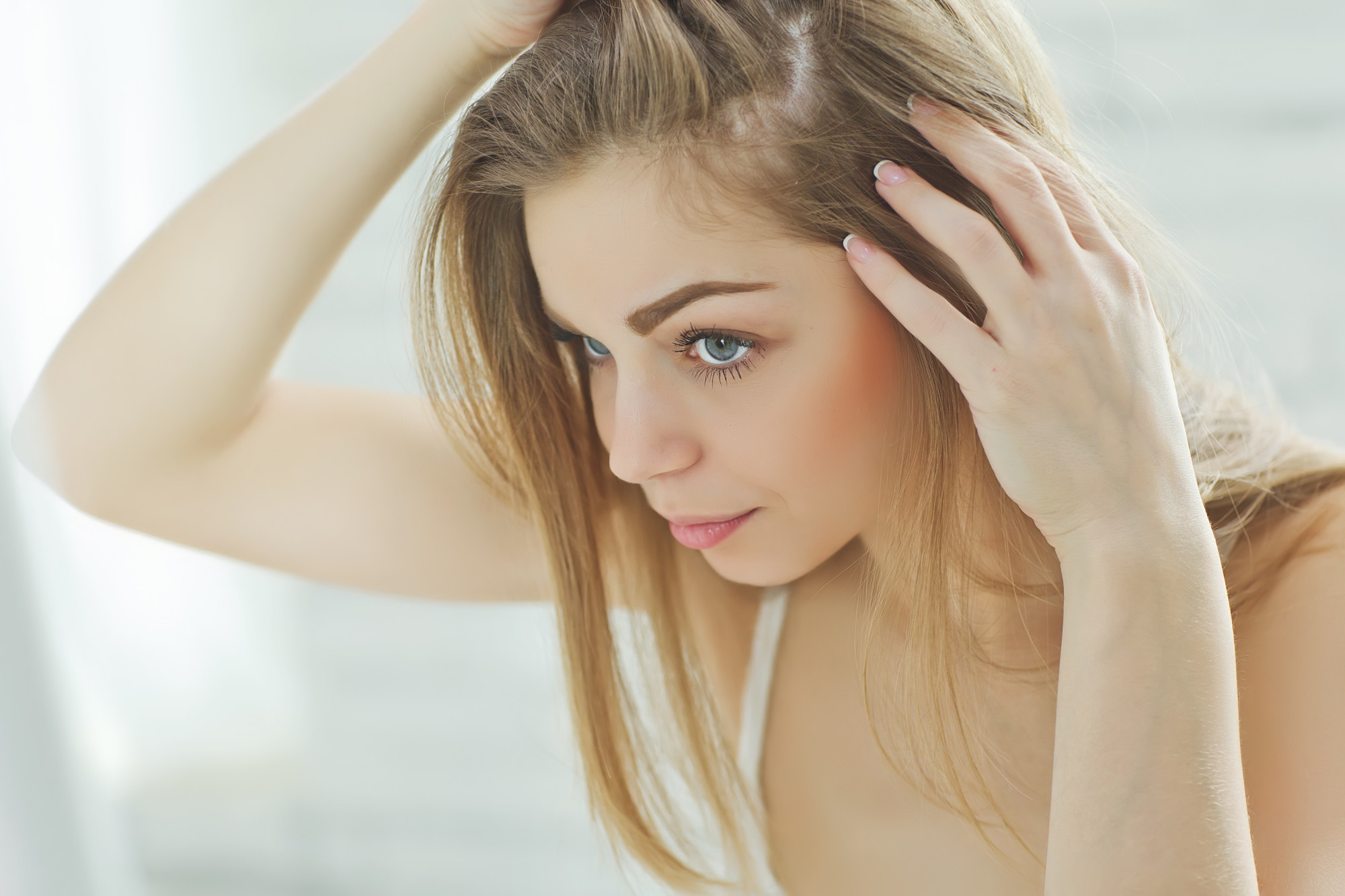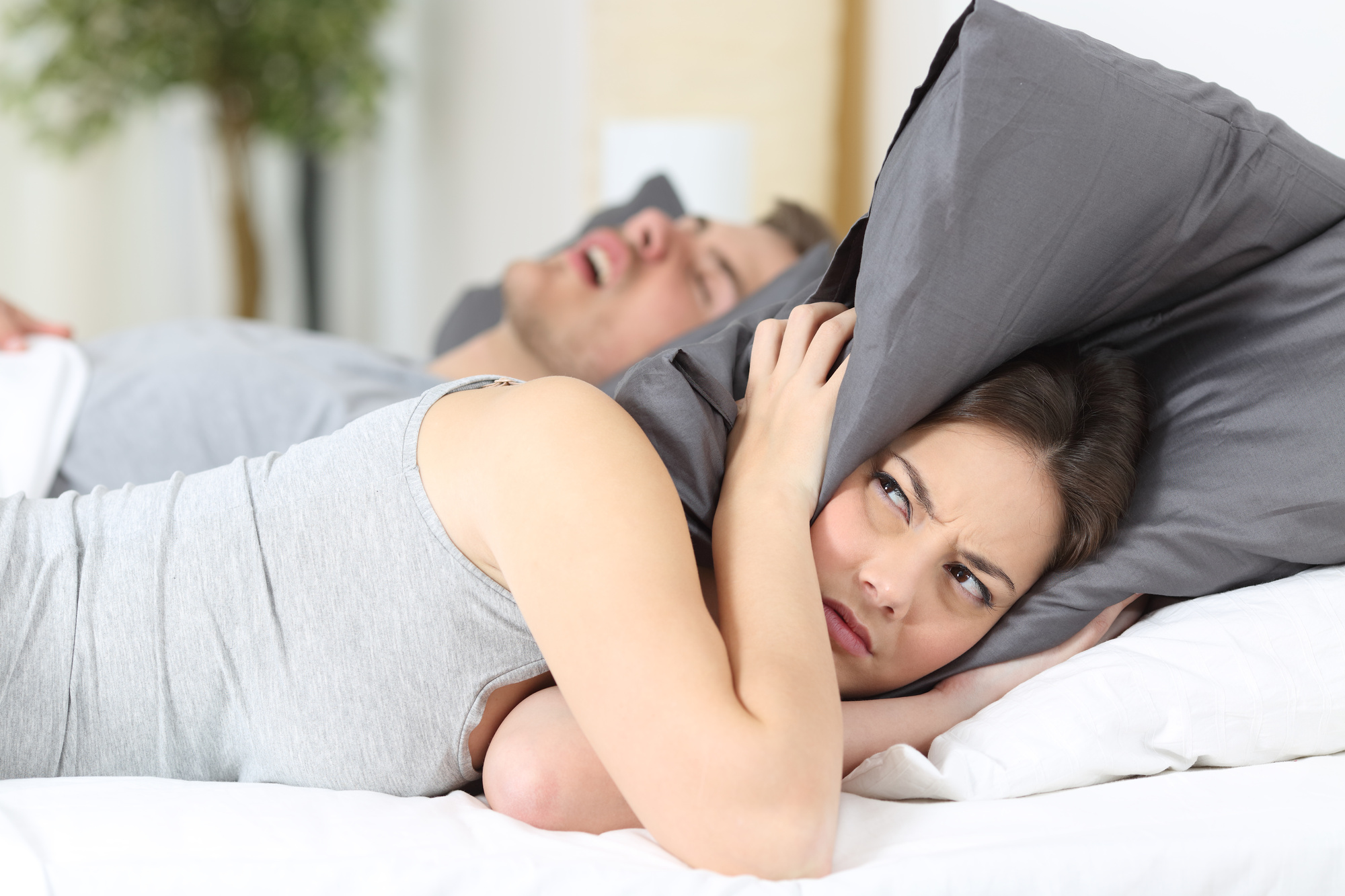How to Recognize and Stop Hard Water Hair Damage

Do your hair and scalp feel dry and itchy no matter what you do? You may have hard water damage.
Hard water is water that contains excess minerals such as calcium and magnesium, and these minerals can build up on your hair, causing it to become limp, brittle, and dry. 85% of the US has hard water, and it could be damaging your hair.
Keep reading to find out if you have hard water hair damage and learn how to stop it and improve your hair health.
Diagnosing Hard Water Hair Damage
The excess minerals in hard water create a film barrier on your hair and skin, causing dry hair that can be difficult to manage. Common symptoms of hard water on hair include loss of volume and thickness, dry brittle hair, and an itchy scalp. It can also interfere with your hair color, causing it to fade and look brassy.
Have a look at the faucets in your bathroom — there may be visible signs of hard water damage. It often leaves a scaly deposit, which can turn into a layer of residue over time.
You may also find that soaps and shampoos don’t lather well in the shower due to the minerals in hard water reacting with the cleansing agents.
You can diagnose hard water in your home by assessing the PH. You can buy PH test strips online and in most hardware stores that allow you to check your water quality in a matter of minutes. If the PH is above 8.5, it’s considered hard.
Hard Water Solutions
Buying a shower filter is an affordable, easy-to-implement option that can make an instant difference to your hair. These work similarly to filters for drinking water by removing contaminants and impurities in the water, helping to soften it. However, shower filters often need replacing regularly and are not always 100% effective at removing all of the excess minerals commonly found in hard water.
Implementing a water softener can soften the water in your whole home, which is helpful if you have scaling buildup around the house, or if you have concerns about drinking water. If you’re unsure which solution is best for your home, find out more about water softeners here.
There are also shampoos called chelating shampoos that can remove chlorine and mineral deposits from the hair and scalp. These shampoos can cause dryness, so be sure to add extra moisture into your routine to smooth the hair cuticle which becomes raised by hard water. Deep conditioners and leave-in conditioners are your best friend.
Another option is apple cider vinegar rinses to balance the PH in your hair. ACV has so many benefits for the hair and scalp — it can remove build-up from your hair, add bounce and shine, and improve your overall scalp health.
Solving Hard Water Hair Damage
There are many solutions for fixing hard water hair damage. If implementing a filter or a softener isn’t for you, try a chelating shampoo or an ACV rinse for a quick fix.
Try these options and your hair health and growth should improve over time. If you’re experiencing significant hair fall or scalp soreness, visit a trichologist who can check if there are any other problems.
Check out the rest of our blog for more articles on haircare and beauty.



